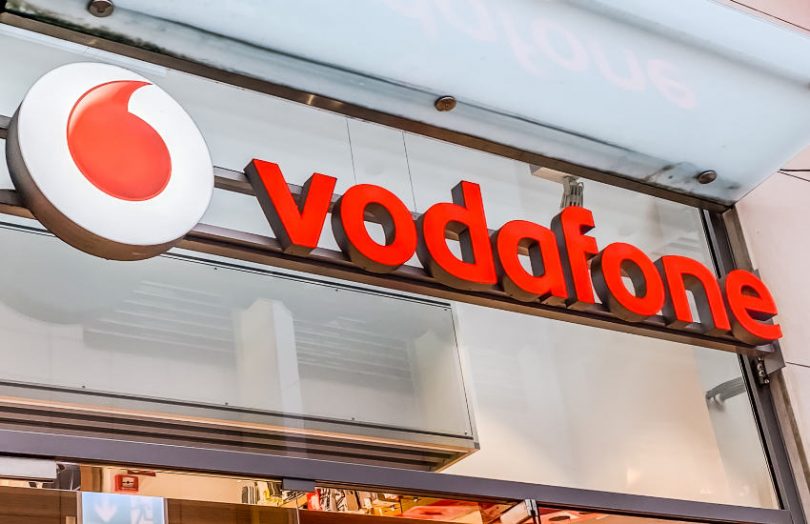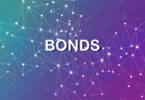Yesterday Vodafone announced its Digital Asset Broker (DAB) blockchain network to enable IoT devices to make financial transactions. Blockchain non-profit Energy Web and Mastercard participated in a trial where electric vehicles (EVs) autonomously communicate with charging stations to exchange information and pay for transactions.
Vodafone’s DAB platform targets the so-called Economy of Things, where IoT devices can transact and pay for services autonomously. It’s estimated there are currently 13.8 billion IoT devices which is expected to rise to 30.9 billion by 2025.
Application examples include a car paying for parking, pay-as-you-go rental car charging, smart electricity meters and even a coffee machine ordering refills. In the trial launched yesterday in Newbury, UK, Energy Web enables electric cars to communicate with charging stations to determine whether it provides energy sourced from renewables. Suppose it does, and the car is compatible, it can execute the transaction without human intervention – apart from the physical plugging in the charger – and make the payment using the Mastercard network.
The telecoms giant describes the Digital Asset Broker (DAB) as the blockchain of blockchains. At its heart is the simple SIM card, which gets upgraded with a DAB passport to become a DAB SIM via a small piece of software. Next, digital identity is used to control which devices can interact with others. And the DAB platform provides a transaction layer for microtransactions.
“If you wanted your connected car to talk with a car park, both businesses would need to come together with the creation and integration of some APIs and software to exchange the data. This is very costly, takes a long time to develop and every time there is a variation you need to create more software and do more testing,” said Jorge Bento, Vodafone’s Head of IoT Technology.
“This is where our Digital Asset Broker platform can help. Incorporating Blockchain technology with IoT, we can make devices trusted allowing them to be authorised to transact across multiple different systems.”
Others are also using blockchain for the Economy of Things (EoT). Bosch is one of the earliest proponents and was involved in an initiative to finance industrial goods, alongside Boerse Stuttgart and Daimler Mobility. It’s also partnered with EoT startup Fetch.ai. And mobility consortium MOBI is working on The New Economy of Movement, focusing on the Economy of Things for everything related to travel.






